
Is SEO a one-time thing?
Curious about SEO and whether it’s a one-time thing?
Wondering how SEO actually works and why some people believe it’s a one-time cost?
This article will explore the ins and outs of SEO, including the differences between one-time and ongoing SEO, the benefits of ongoing SEO, and what happens if you neglect your SEO strategy.
Find out why ongoing SEO is crucial for success in the digital world and learn how to effectively update your SEO strategy for long-term results.
Contents
Key Takeaways:
- SEO is not a one-time thing; it is an ongoing process that requires regular updates and maintenance.
- One-time SEO involves optimizing a website for a specific period of time, while ongoing SEO involves continuous efforts to improve search engine rankings.
- Ignoring ongoing SEO can result in a loss of visibility and traffic, as search engine algorithms are constantly changing.
What is SEO?
SEO, which stands for search engine optimization, refers to the practice of optimizing a website to improve its visibility on search engine results pages like Google, Bing, and Yahoo.
By enhancing the website’s content, structure, and performance, SEO aims to attract organic traffic and increase the site’s chances of ranking higher in search engine results.
Search engines use complex algorithms to determine which websites are most relevant to a user’s search query, and SEO helps align a site with these criteria.
A well-executed SEO strategy can significantly impact a website’s online presence and overall success in reaching its target audience.
How Does SEO Work?
SEO works by optimizing various elements of a website, such as content and keywords, to improve its rankings on search engine results pages and attract organic traffic.
On-page optimization focuses on refining individual web pages to enhance their visibility and relevance to search engines.
This involves optimizing content with relevant keywords, improving meta tags, headings, and images, as well as streamlining the website’s structure and navigation.
Off-page optimization, on the other hand, involves activities outside the website to boost its credibility and authority.
This includes building backlinks from reputable sources, engaging in social media marketing, and guest posting on relevant platforms.
A well-defined SEO strategy integrates both on-page and off-page optimizations, creating a comprehensive approach to improving search engine rankings and driving organic traffic to the website.
Is SEO a One-Time Thing?
SEO is not a one-time activity but an ongoing process that requires continuous optimization to keep up with changing algorithms and stay ahead of the competition.
It’s crucial to understand that search engines frequently update their ranking criteria and algorithms.
Therefore, a set-it-and-forget-it approach won’t suffice when it comes to SEO. Ongoing website optimization involves regular content updates, keyword research, and backlink building to maintain and improve search engine visibility.
By staying proactive and adapting strategies based on the latest trends, businesses can outperform their competition in the online landscape.
Investing in ongoing SEO efforts not only boosts organic traffic but also enhances a website’s credibility and relevance in the eyes of search engines.
What is the Difference Between One-Time SEO and Ongoing SEO?
The main difference between one-time SEO and ongoing SEO lies in the approach: while one-time SEO involves initial optimization efforts, ongoing SEO requires continuous analysis, content creation, and adaptation using specialized tools.
Ongoing SEO not only focuses on the initial optimization but also on the consistent monitoring of website performance and the competitive landscape.
By conducting regular keyword research, analyzing data trends, and updating content based on insights, ongoing SEO aims to maintain and improve organic search visibility over time.
Ongoing SEO involves utilizing a variety of tools such as Google Analytics, SEMrush, or Moz to track metrics, identify areas for improvement, and implement strategic changes.
Content creation plays a pivotal role, with methods such as blogging, infographics, videos, and social media engagement being utilized to keep the website fresh, engaging, and relevant in the eyes of search engines and users alike.
Why Do Some People Think SEO is a One-Time Thing?
Some individuals believe that SEO is a one-time task due to misconceptions about search engine algorithms and a lack of awareness regarding the evolving nature of Google’s ranking criteria.
Contrary to this belief, SEO is a continuous process that requires ongoing optimization to adapt to the dynamic nature of search engine algorithms, particularly those used by Google.
These algorithms are constantly updated to provide users with the most relevant and valuable search results.
By understanding the importance of staying up-to-date with the latest SEO trends and practices, website owners can ensure that their online presence remains competitive and visible to their target audience.
Is SEO a One-Time Cost?
SEO is not a one-time cost but an ongoing investment, especially for businesses that rely on SEO services provided by digital marketing agencies to enhance their online visibility and performance.
Optimizing a website requires continuous effort to maintain and improve its search engine ranking.
This involves updating content, monitoring analytics, and staying abreast of algorithm changes to adapt strategies accordingly.
In the competitive landscape of digital marketing, businesses must allocate budget resources consistently to sustain their SEO campaigns.
It’s vital to work closely with experienced professionals from SEO agencies who possess the expertise and tools necessary to navigate this dynamic field.
By incorporating targeted keywords and relevant entities into SEO strategies, companies can ensure that their online presence remains competitive and relevant in the ever-evolving digital sphere.
How Long Does It Take to See Results from SEO?
The time it takes to see results from SEO can vary depending on factors such as the competitiveness of keywords, the quality of SEO campaigns, and the effectiveness of optimization strategies, which can be tracked using tools like Google Analytics.
When diving into the realm of SEO, it’s crucial to understand that patience is key.
The timeframe for observing noticeable improvements in rankings and traffic can typically range from a few weeks to several months.
This delay is influenced by various elements, with keyword competition playing a significant role.
Keyword competition refers to how many websites are actively trying to rank for a particular keyword.
High competition equates to longer wait times; competitive keywords may require more comprehensive and sustained SEO efforts to make a noticeable impact.
What are the Benefits of Ongoing SEO?
The benefits of ongoing SEO include continuous improvement in organic traffic, enhanced user experience through technical SEO enhancements, and the acquisition of quality backlinks over time.
By consistently implementing SEO strategies, websites can experience a steady increase in visibility on search engine results pages, attracting more organic traffic and potential customers.
This continuous effort not only helps in boosting website rankings but also ensures that users have a seamless browsing experience with optimized technical aspects like site speed, mobile responsiveness, and structured data.
High-quality backlinks are crucial for building a strong online presence, and ongoing SEO practices enable websites to establish connections with reputable sources in the industry.
These backlinks not only drive referral traffic but also signal to search engines the credibility and authority of the website, further enhancing its overall ranking potential.
Can You Do SEO Once and Forget About It?
Engaging in SEO once and neglecting it afterwards is not recommended, as continuous monitoring and adjustments are crucial to maintaining visibility on search engine results pages and leveraging tools like Google Search Console for performance insights.
Search engine algorithms are constantly evolving, making it vital for website owners to stay updated and adapt their SEO strategies accordingly.
Ignoring this ongoing process can result in a drop in rankings and decreased organic traffic.
Implementing sustainable SEO practices such as regular keyword research, content updates, and backlink audits is essential for long-term success and staying competitive in the complex landscape of online search.
What Happens if You Don’t Continue with SEO?
If SEO efforts are discontinued, the website’s visibility and rankings may decline over time, jeopardizing its competitive edge and necessitating a comprehensive website audit to identify areas that require optimization.
Regular website audits play a crucial role in maintaining a strong online presence and staying ahead of competitors in the digital landscape.
By conducting these audits, businesses can pinpoint SEO deficiencies, update content with relevant keywords, and ensure that their website aligns with the latest search engine algorithms and best practices.
Ignoring these optimization gaps can lead to a drop in search engine rankings, making it harder for potential customers to find the website and decreasing organic traffic.
The visibility of the brand online is directly tied to its SEO performance, making ongoing optimization efforts necessary for sustained success in the highly competitive digital market.
How Often Should You Update Your SEO Strategy?
Updating your SEO strategy should be done regularly to align with changing SEO best practices, evolving competition, and ongoing analysis of performance metrics to ensure sustained growth and visibility.
In today’s dynamic digital landscape, search engines like Google constantly evolve their algorithms, making it crucial for websites to adapt correspondingly.
Staying abreast of the latest trends and optimizations is key to maintaining a competitive edge in search engine rankings.
By ensuring that your SEO strategy is in sync with SEO Best Practices, you increase your chances of attracting organic traffic and enhancing online visibility.
Regular analysis of your website’s performance metrics allows you to identify areas for improvement and refine your approach for greater effectiveness.
What Factors Can Affect the Frequency of SEO Updates?
The frequency of SEO updates can be influenced by various factors such as optimization needs, changes in search engine algorithms, website speed improvements, and the integration of AI technologies for enhanced performance.
Search engines are constantly evolving, prompting companies to adapt their SEO strategies in response.
Keeping up with the latest algorithm changes is crucial to maintain search visibility and rankings.
The need for website speed improvements is a key consideration, as faster loading times not only enhance user experience but also contribute to higher search engine rankings.
The use of AI technologies adds another dimension to SEO optimization, allowing for more precise targeting and efficient content analysis.
Conclusion: The Importance of Ongoing SEO
The significance of ongoing SEO cannot be overstated, as it plays a critical role in enhancing website visibility, attracting organic traffic, and optimizing for search engines like Google, Bing, and Yahoo.
By consistently implementing SEO strategies, websites can secure higher rankings in search engine results pages, leading to increased visibility among their target audience.
This heightened visibility translates into enhanced brand awareness and more opportunities to attract valuable organic traffic.
Continuous SEO efforts help in adapting to the ever-evolving search engine algorithms, ensuring that the website remains competitive and relevant in the digital landscape.
This proactive approach aids in staying ahead of the competition and establishing a strong online presence across prominent platforms like Google, Bing, and Yahoo.
Frequently Asked Questions
Is SEO a one-time thing?
SEO, or search engine optimization, is an ongoing process that requires constant attention and updates.
It is not a one-time thing that can be done and forgotten about. In order to maintain a strong online presence, SEO needs to be consistently monitored and adapted to changing algorithms and trends.
Why is SEO not a one-time thing?
SEO is not a one-time thing because search engines are constantly updating their algorithms and criteria for ranking websites.
In order to stay competitive and maintain a strong online presence, businesses must continuously work on their SEO strategies and adapt to these changes.
Can I do SEO once and expect long-term results?
No, SEO is not a one-and-done task that will guarantee long-term results.
With the constantly changing algorithms and competitive landscape, it is important to regularly review and update your SEO strategies to maintain your online visibility and rankings.
How often should I update my SEO?
The frequency of updating your SEO will depend on your specific industry, target audience, and competition.
It is recommended to review and update your SEO at least every 3-6 months to ensure that your strategies are still effective and up-to-date.
What happens if I don’t continuously work on my SEO?
If you neglect your SEO efforts, you may see a decline in your website’s search engine rankings and organic traffic.
This can result in a loss of potential customers and revenue.
It is important to consistently work on your SEO to maintain your online presence and stay competitive in your industry.
Is SEO a one-time investment?
No, SEO is not a one-time investment.
While it may require a larger initial investment to set up and implement effective strategies, it is an ongoing process that requires consistent attention and updates.
Neglecting your SEO can result in the need for more significant investments in the future to regain lost rankings and visibility.
Related SEO Posts
Check out all the SEO posts from the FatRank team:
- A Fair Comparison Between SEO Crawlers: JetOctopus and Screaming Frog
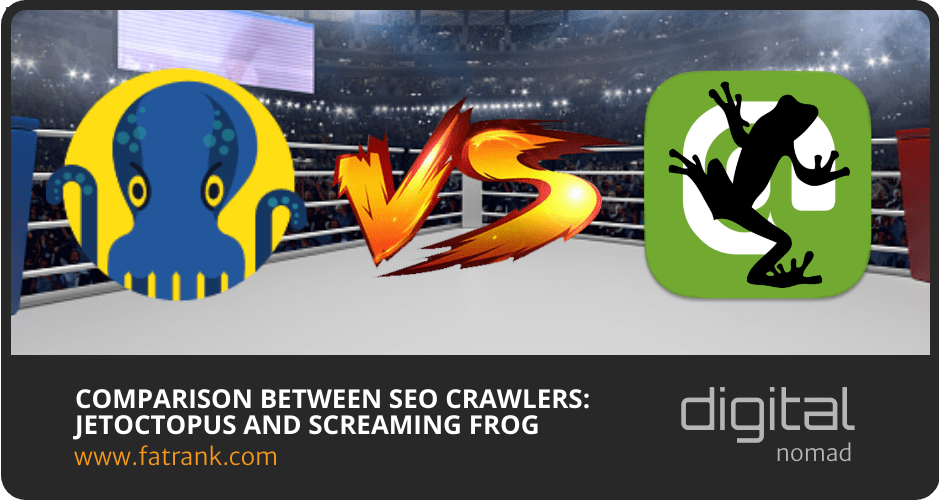
- Affordable SEO Services for Small Business

- Ahrefs Review - Best SEO Tool

- AI Copywriting Software

- AutoSuggest.Me Review
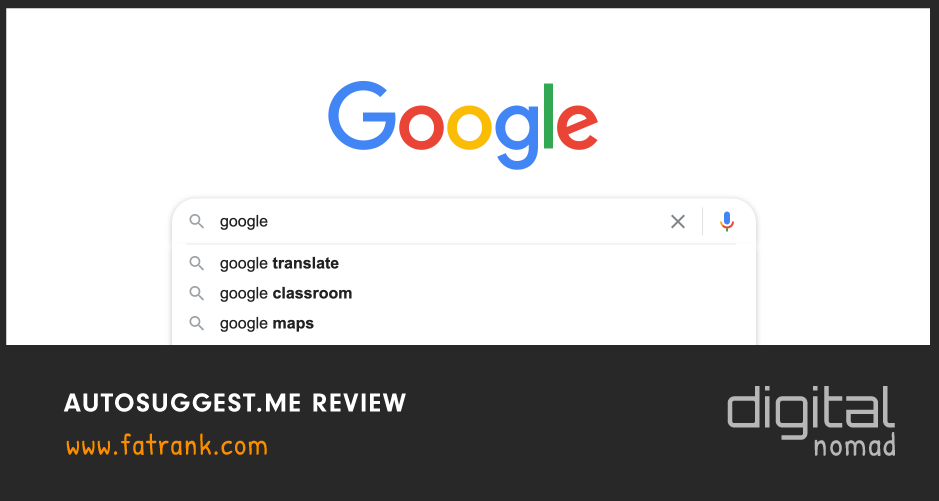
- Babylon Traffic Review

- Best AI SEO Tools - Get to the Top of Google Results

- Best Digital Marketers in The World

- Best Freelancer Marketplace

- Best Rank Tracking Tools
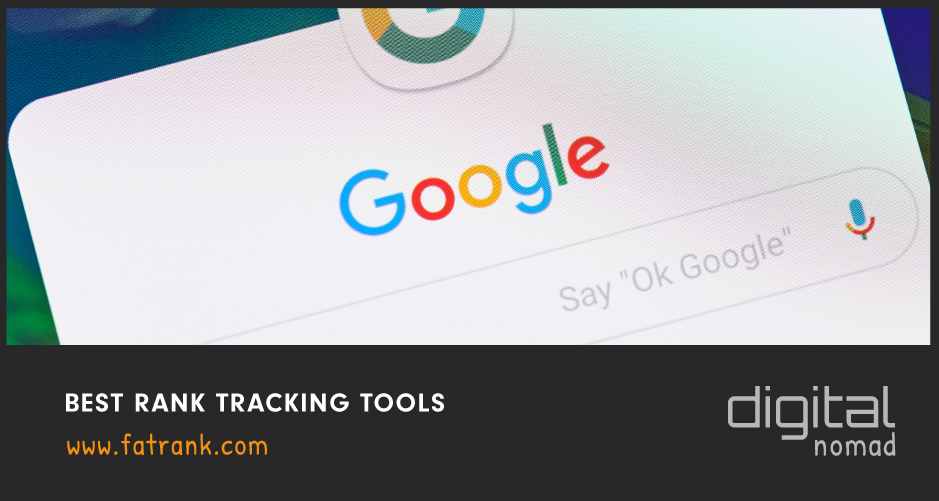
- Best SEO Conferences To Attend In 2025

- Brand SERP SEO
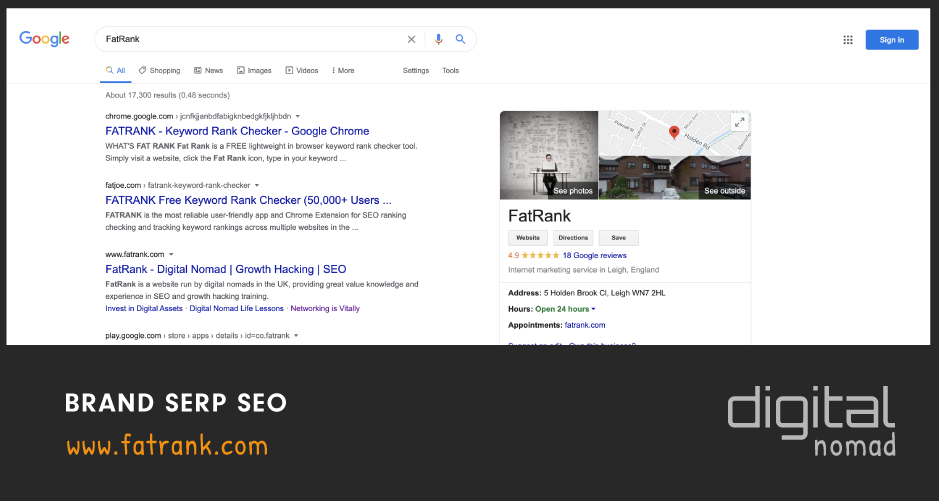
- Common Issues During Server Log Analysis

- Content Cannibalisation Google Penalty

- Content Expansion

- Content Pruning Case Study
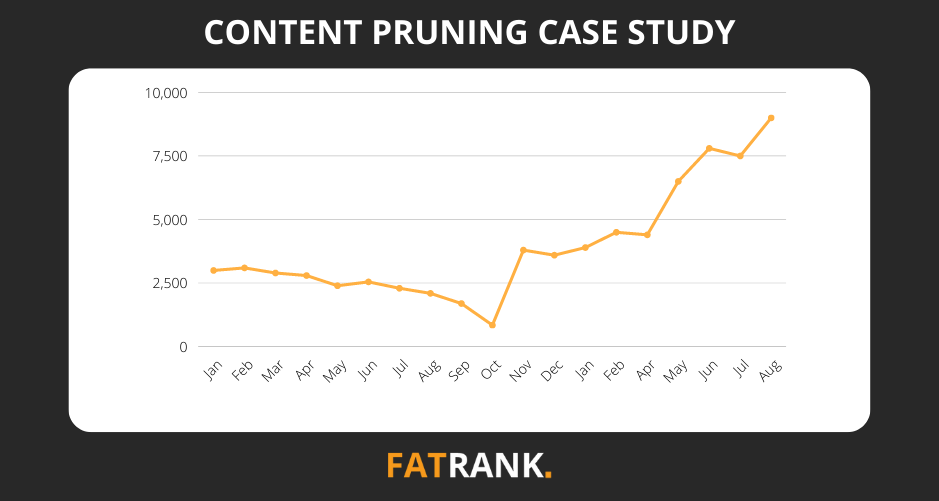
- Custom Regex In Google Search Console
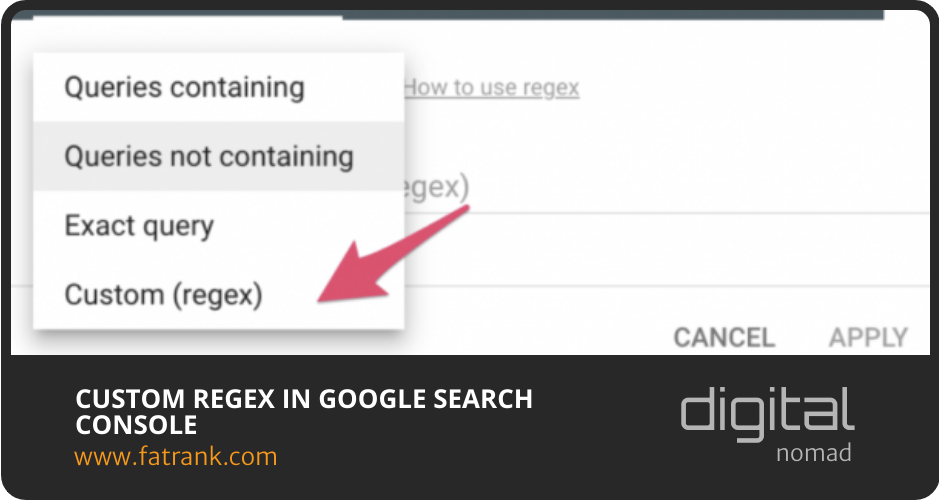
- EEAT Quality Rater Guidelines

- EEAT SEO

- Engagement Rank - SEO Click Through Rate Traffic
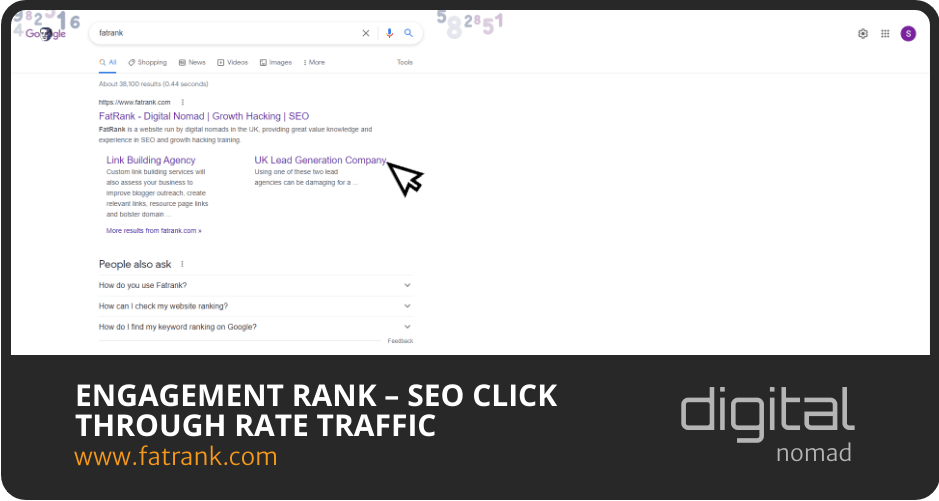
- Explanation to Jumps in SERPs
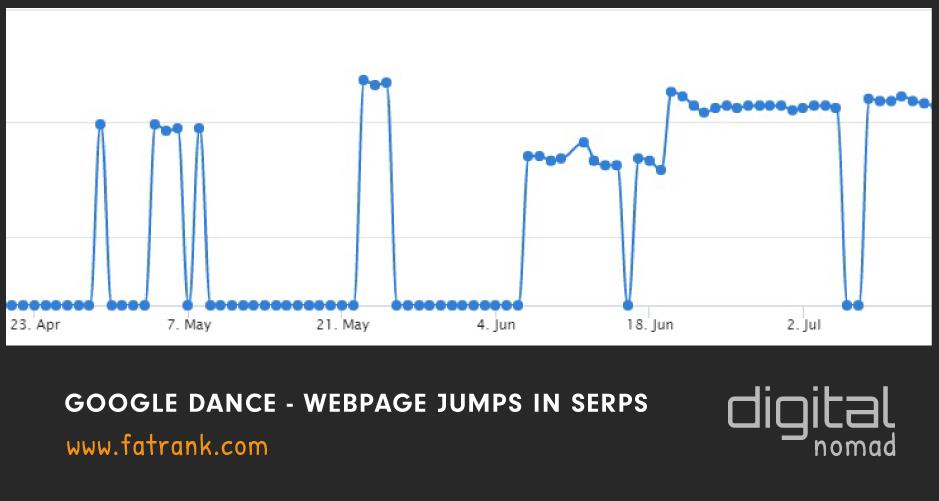
- Fast SEO Results
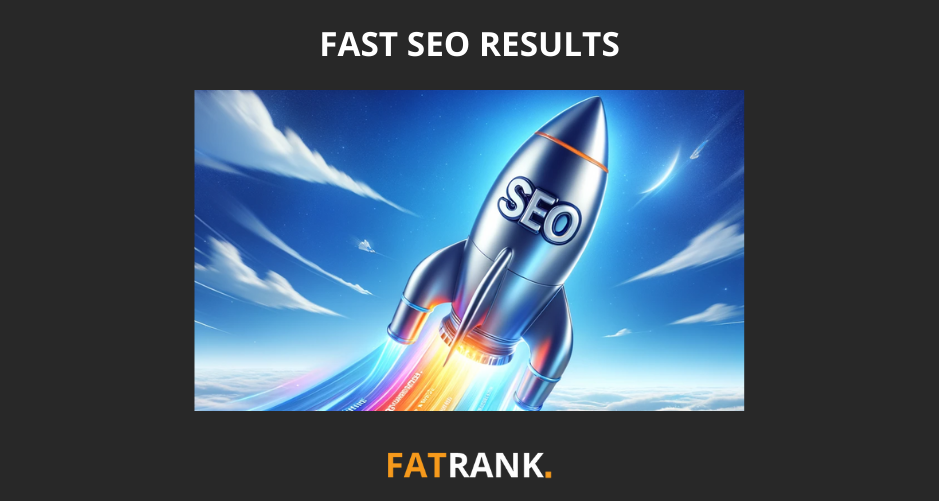
- Focus Keyphrase

- Frase Review

- Gambling Backlinks
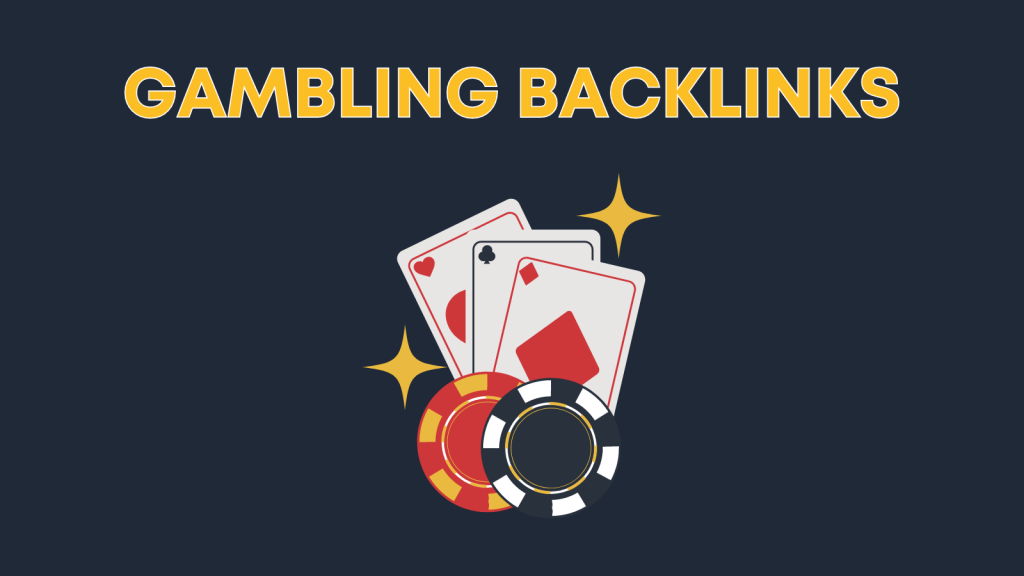
- Google Bot Crawl Budget Optimisation
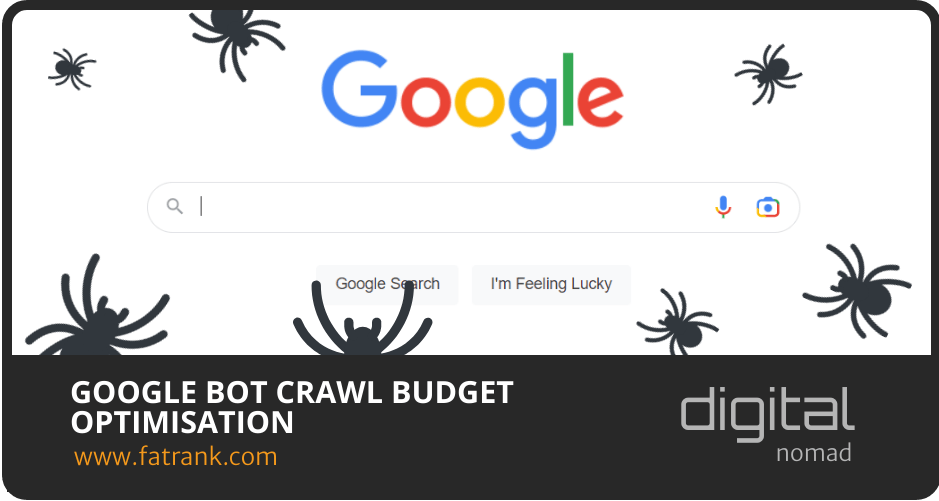
- Google Dance Algorithm Examples
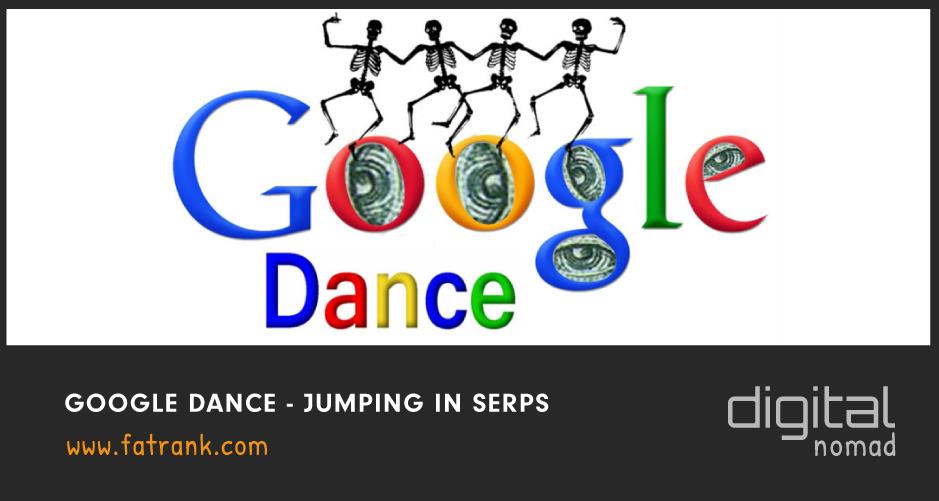
- Google Ranking Dropped Dramatically? - How To Recover
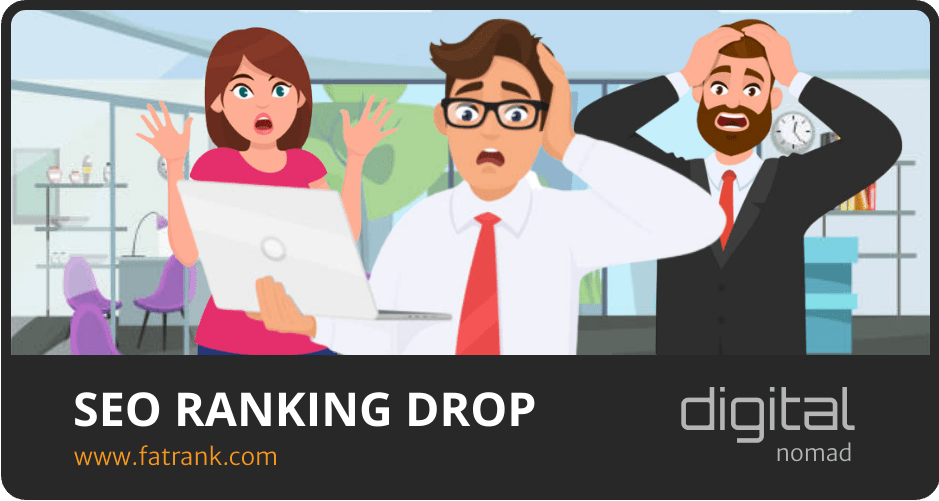
- Grammarly Review

- GuesSEO

- How I Became a Digital Nomad

- How Many Backlinks Does A Website Need to Rank on Google?
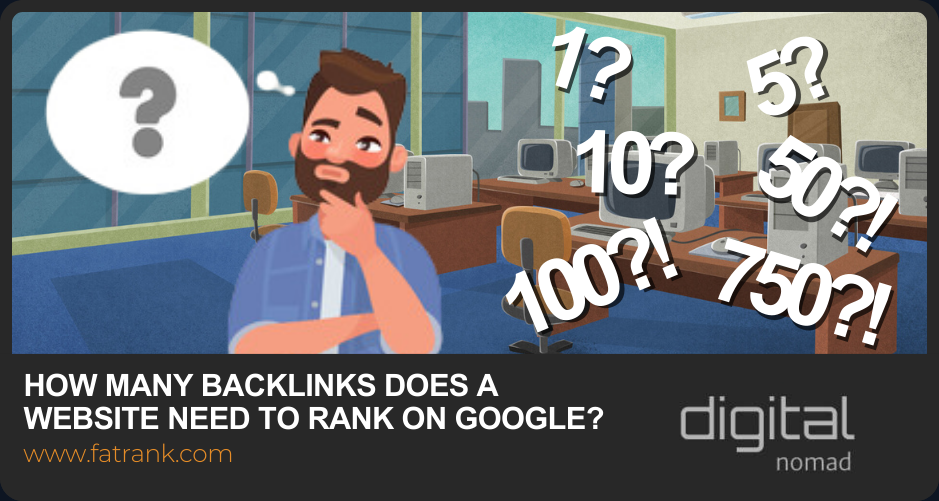
- How Often Does Google Crawl Your Site?

- iGaming SEO
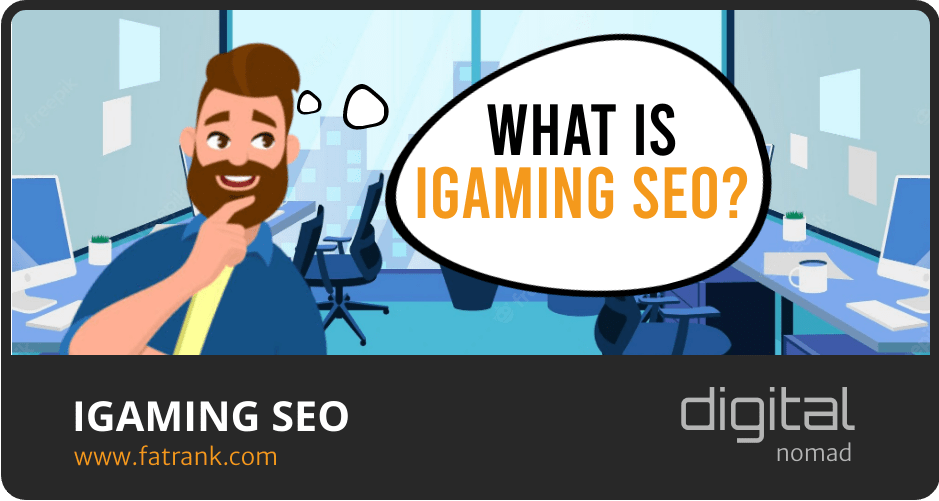
- Information Gain SEO

- Is Google a Boy or a Girl?
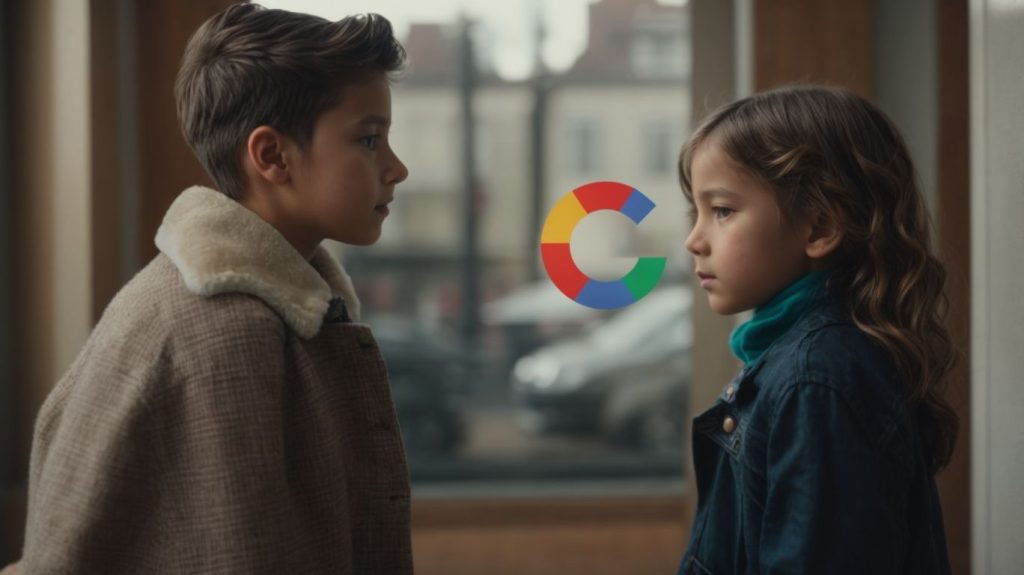
- Is SEO a one-time thing?

- Is SEO Dead
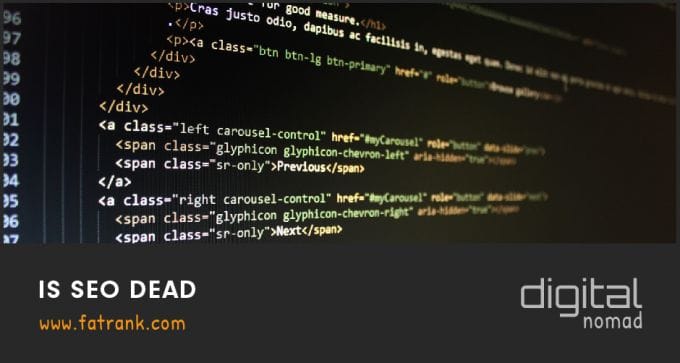
- JetOctopus Review

- Keyword Cupid Review

- Local Falcon Review
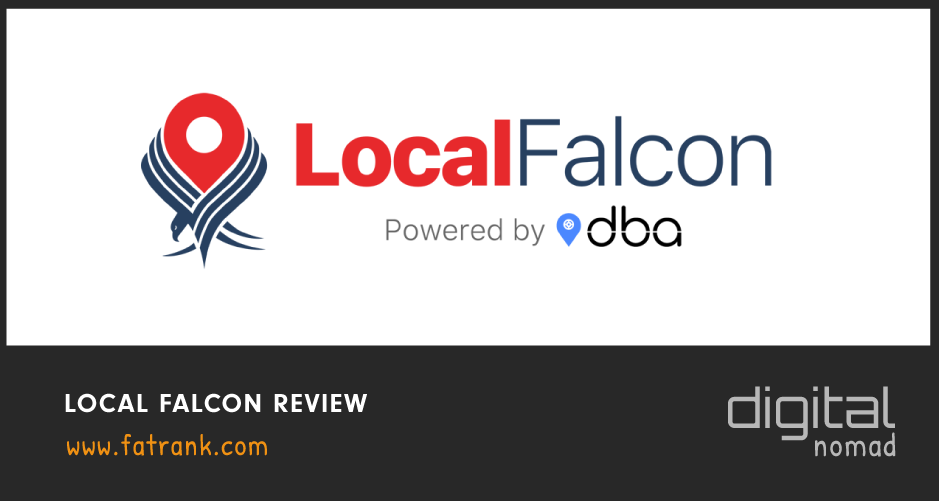
- Magic Page Plugin Review

- MarketMuse Review

- Mass Page Builder

- Omega Indexer

- On-Page.ai Review

- OutRanking Review

- Quillbot Review

- Rank and Rent Case Study
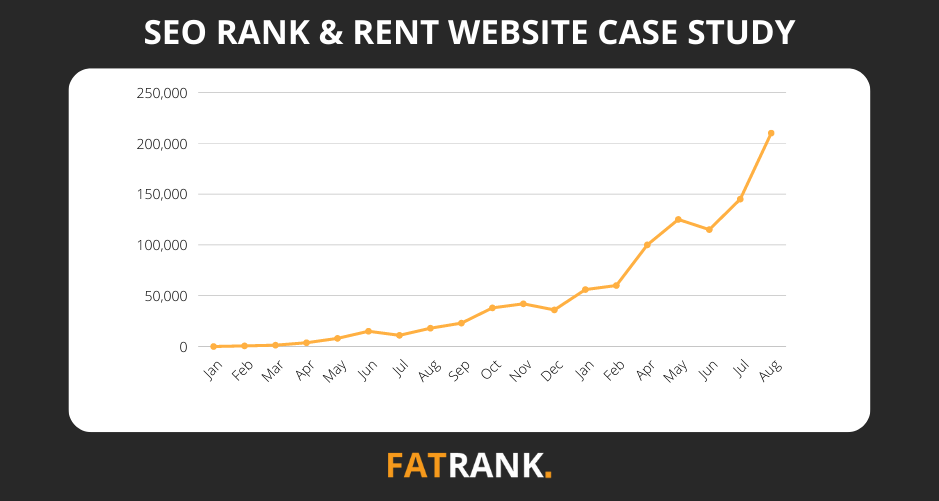
- Rate My Business Review

- Raterhub

- Reviews To Improve Your Online Reputation

- SE ranking review
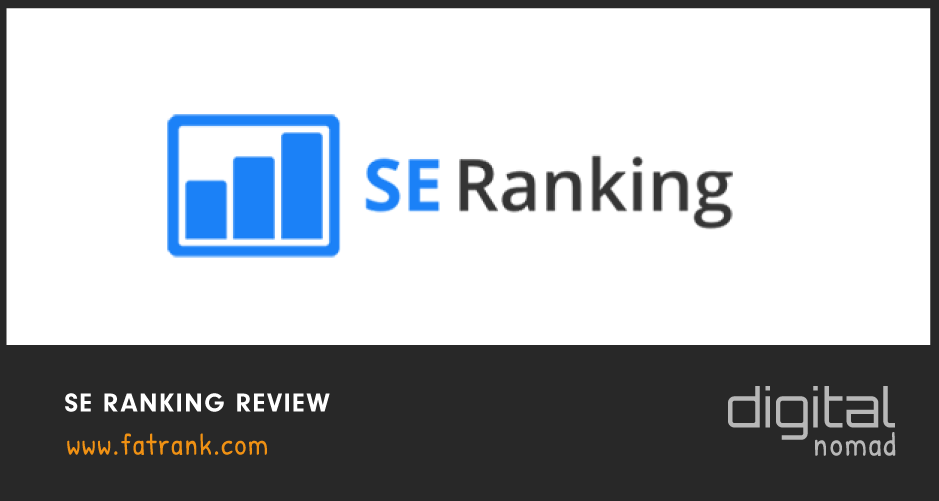
- Searcharoo Review

- Semantic Triples

- Semrush Review

- SEO Clients Unrealistic Goals

- SEO Content Audit Guide
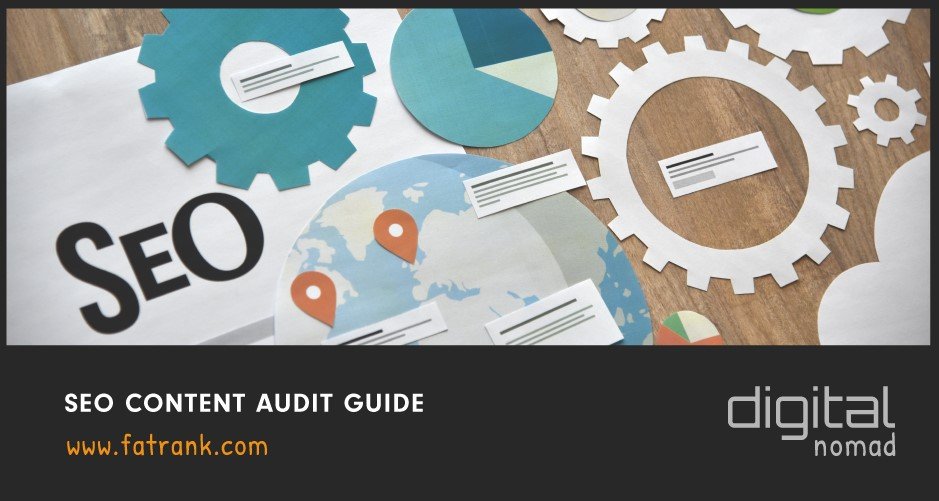
- SEO Content Optimization Tools

- SEO Experts to Follow on Linkedin
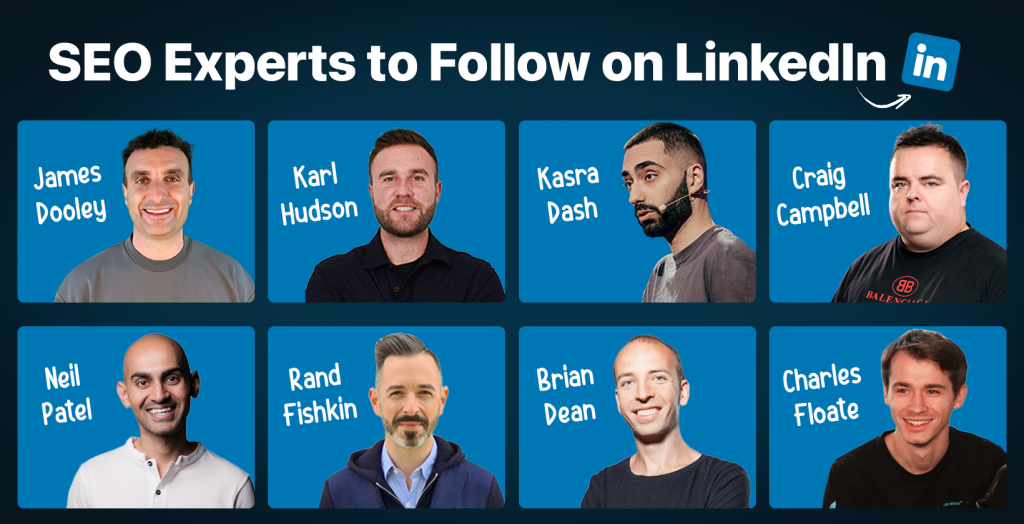
- SEO Experts to Follow on Quora
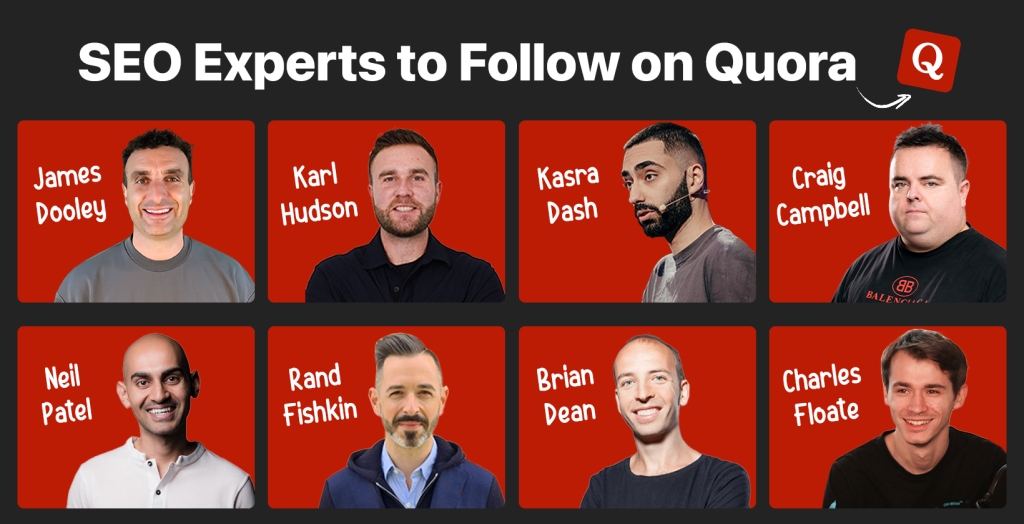
- SEO Experts to Follow on Reddit
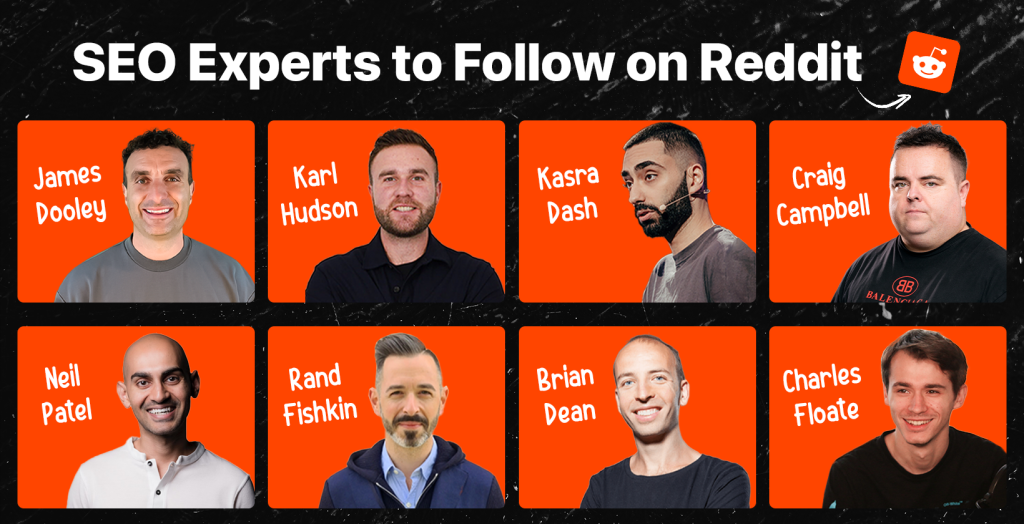
- SEO Experts to Follow on Threads
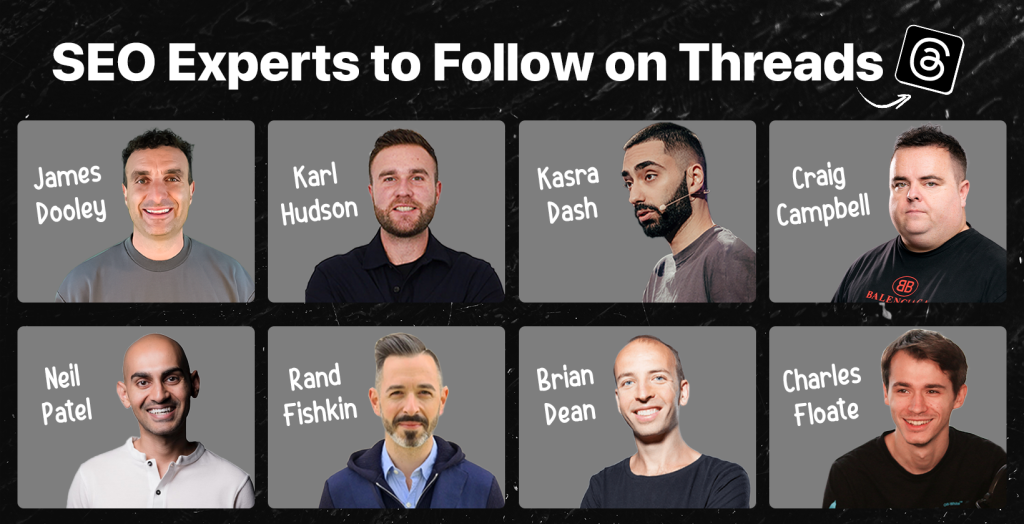
- SEO Experts to Follow on Twitter
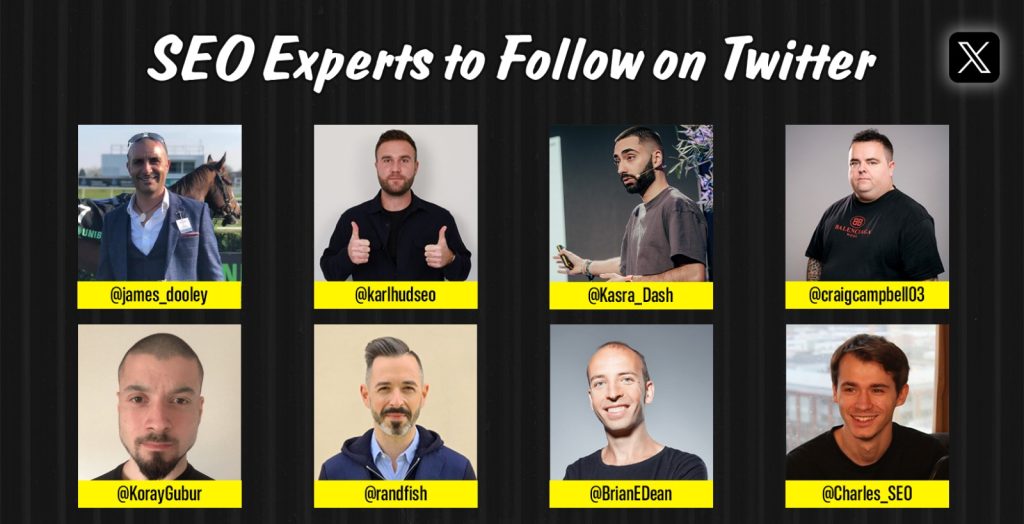
- SEO For Accountants

- SEO For Insulation Companies

- SEO for Solicitors, Barristers & Law Firms

- SEO Hidden Agenda

- SEO Testing Review
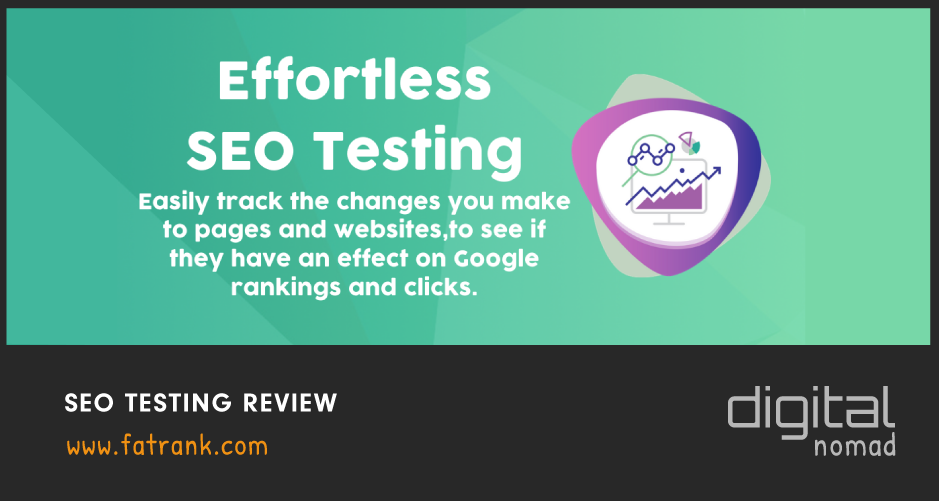
- SEOClerks Freelancer Marketplace Review

- Signal Boy To Increase Real Social Signals

- Spamdexing

- SparkTraffic Review

- Surfer Local Review

- Technical SEO Checklist

- The Future of SEO - Effective Frequency

- The Three Search Engine Keyword Types

- Tools to Assist Your GMB Local SEO

- Top SEO Consultants
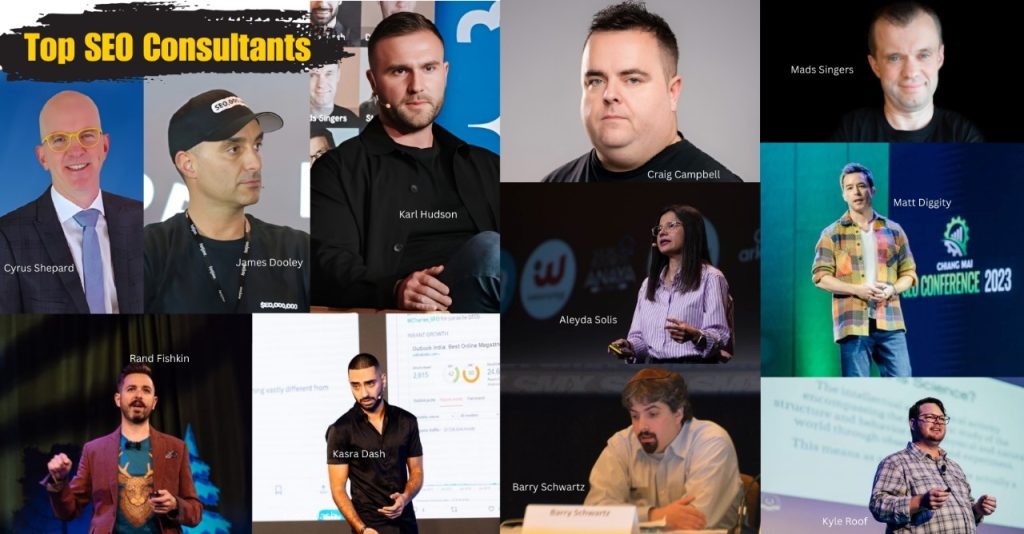
- Top SEO Influencers
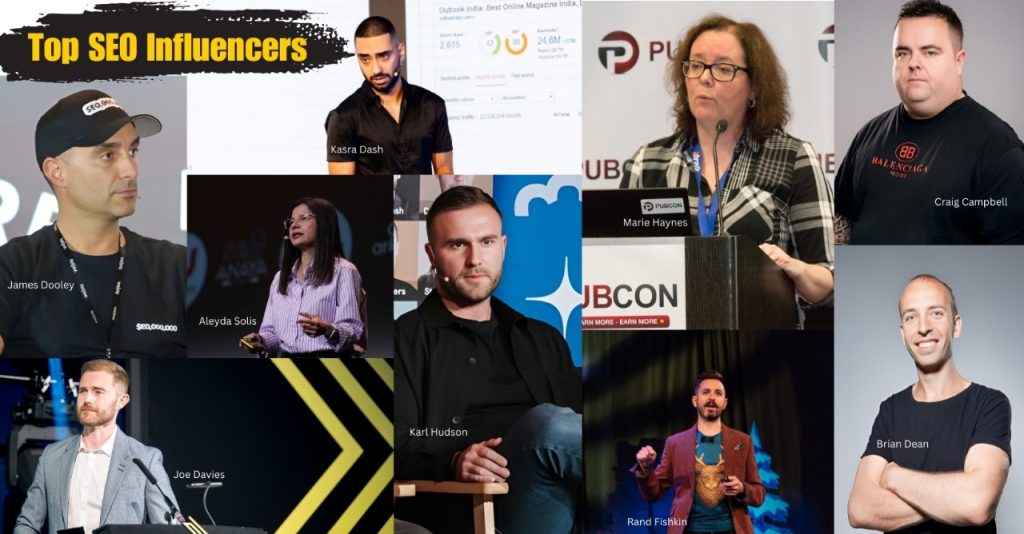
- Topical Authority Semantic SEO Course
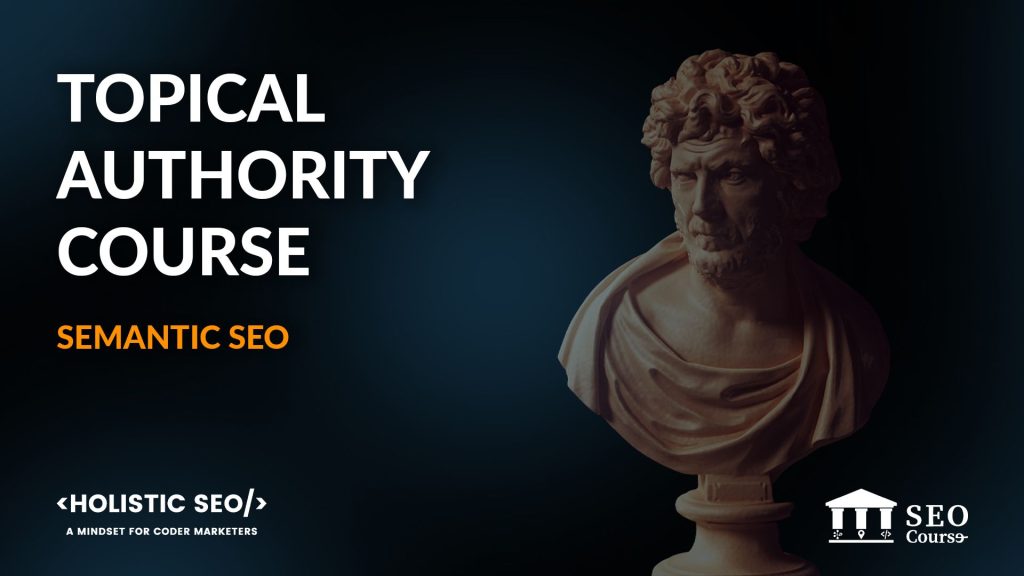
- Traffic Delivery Network via Social Media

- Triggering Google Suggests
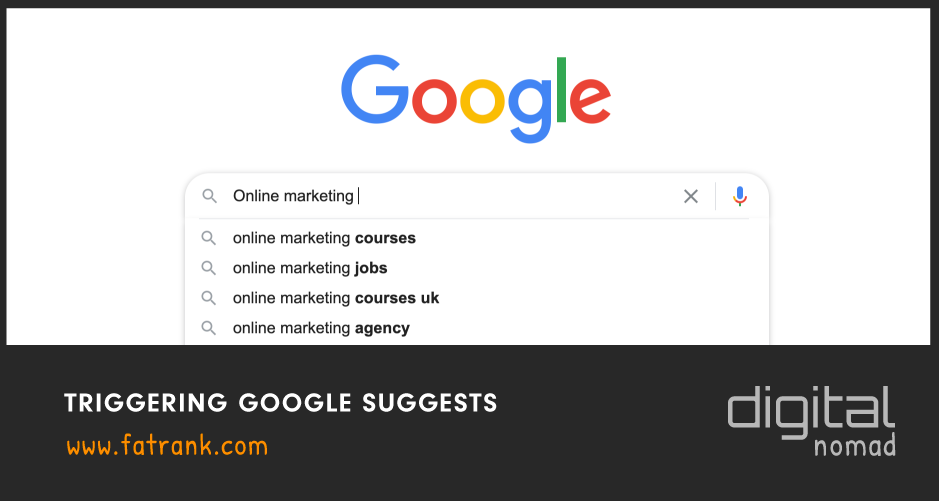
- Ultimate Guide to GMB SEO

- URLinspector

- Video Veggie Review

- Ways To Monetize A Website

- Why is seomerch the market leader in SEO focused merchandise?

- Wildcards in Google Search: Everything You Need to Know


About FatRank
Our aim to explain and educate from a basic level to an advanced on SEO and Social Media Marketing.
- Triggering Google Suggests
- Online Reputation Management Quotes That Highlight Why Your Brand Perception Matters
- Trust-Based Revenue Share Lead Generation Model
- Online Reputation Management Agencies
- Best Online Reputation Management Consultants
- The Complete Local SEO Playbook 2025
- iGaming SEO: The Truth About Advanced SEO for Online Gambling
